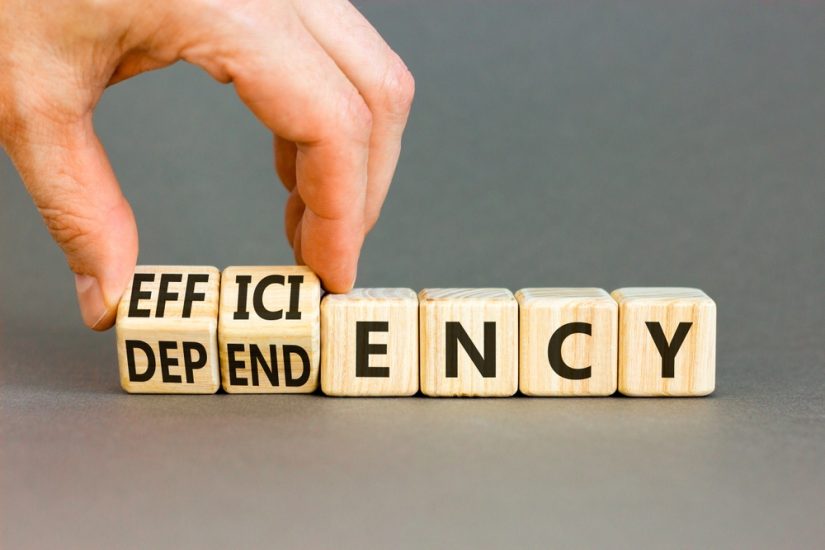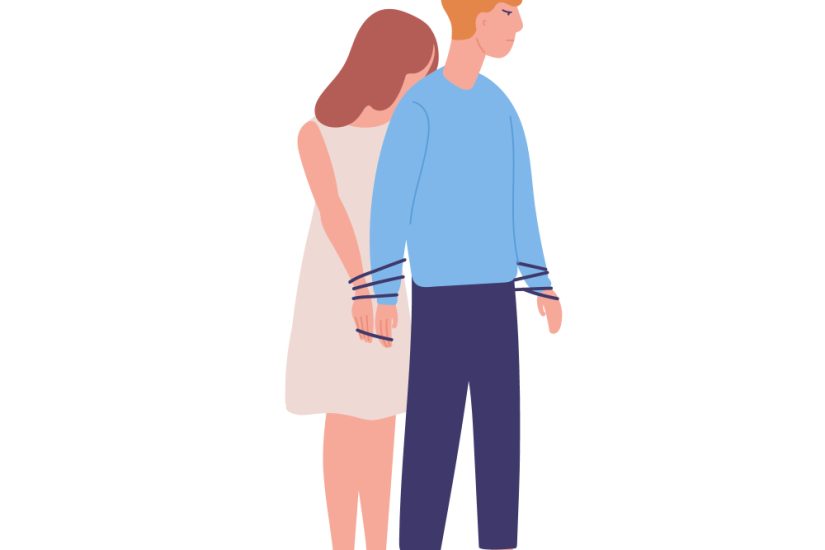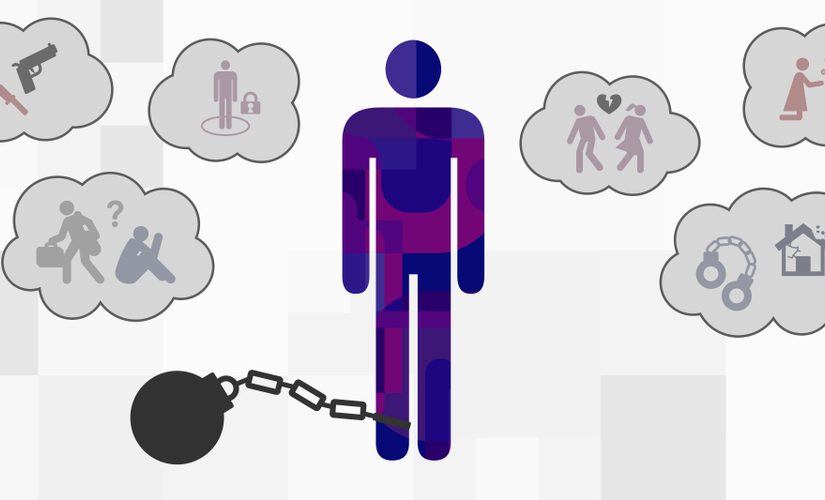- July 18, 2023
- by Shalini Murmu
- Dependent Personality Disorder
We all know that each person comes with their own quirks and strengths when it comes to any relationship. But there are some people who struggle with dependency issues. It ain’t always easy to figure out if our loved ones are just on the submissive side or if they might be dealing with a full-blown Dependent Personality Disorder.
Then how do we tell if someone close to us has crossed into dependent territory? It’s time to dive into the signs and signals that might clue us in on what’s really going on behind the scenes.
While trying to look for dependent personality disorder traits in your dear ones, you might notice an excessive reliance on you or another trustworthy person like their other family members to meet their emotional and physical needs. Individuals with dependent personality disorder often experience a deep-seated fear of abandonment, leading them to seek constant reassurance and support from people around them. This chronic need for validation and a lack of self-confidence is a significant factor for influences their ability to function independently.
Strained Relationships
The partner without Dependent Personality Disorder (DPD) may find themselves feeling frustrated, exhausted, and let’s be honest, maybe even a little resentful. Why? Because they’re constantly shouldering the responsibility, always having to take charge and provide support. It’s like being stuck on an endless loop of caregiver mode.
The worst part is that as time passes, this strain can start to put serious pressure on the relationship. Tensions rise, conflicts brew, and it becomes a whole new dimension of stress. It’s tough, no doubt about it.
But the under-functioning partner isn’t getting off easy either. They may start to develop what we call “learned helplessness,” a belief that they’re incapable of handling life’s challenges on their own. This just feeds right back into the cycle of dependency. It’s like a hamster wheel they can’t seem to get off.
The result? They struggle to find personal growth, lack self-confidence, and fail to develop a strong sense of individuality. Their own potential takes a hit, and it’s a real bummer to see.
Receive expert guidance for mental health recovery
Breaking The Cycle With Empathy and Compassion
While it may seem counterintuitive, dependent personality disorder causes one to face their own set of challenges. Their strong reliance on their partner can create a fear of abandonment, leading to increased anxiety and insecurity.
A lot of times, early life events have played a role in reinforcing their dependence. Approaching the situation with empathy allows partners to cultivate a non-judgmental environment. By understanding where they’re coming from and acknowledging their struggles, you can start to foster open communication. It’s all about creating an environment where both partners can freely share their thoughts and emotions without the fear of being criticized. It’s the first step towards building a bridge of communication and support for both partners. That’s how a real connection blooms.
Seek Professional Help
Dependent personality disorder symptoms can aggravate and cause other stress-related issues. Therapy can help both the under and over-functioning partners and provide effective strategies to cope with co-dependency.
Professional interventions like cognitive-behavioral therapy (CBT), can be a valuable tool in addressing the core issues underlying dependency disorder. By challenging maladaptive thought patterns and boosting self-esteem, individuals with the condition can gradually develop healthier coping mechanisms and a stronger sense of self.
Be Guided By North America Behavioral Health Services
If you’re dealing with mental health conditions that are messing with your relationships and mental well-being, we’ve got some good news for you. Dependent personality disorder treatment can help put those broken pieces back together and rebuild yourself from the ground up.
We get it, hunting for the perfect treatment facility can be a bit overwhelming. But fear not, because we’ve got your back!
Here at North America Behavioral Health Services, we specialize in guiding people battling their own emotional wars and healing from mental health illnesses. We’ll help you provide access to family therapy, individual therapy, and even support groups to lift you up.
Take a deep breath and rest easy because you’ve landed in just the right place to regain control over your mental health conditions.















